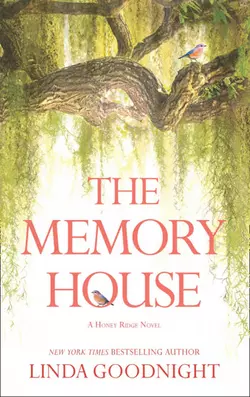The Memory House

Linda Goodnight
Тип: электронная книга
Жанр: Современные любовные романы
Язык: на английском языке
Стоимость: 152.25 ₽
Статус: В продаже
Издательство: HarperCollins
Дата публикации: 16.04.2024
Отзывы: Пока нет Добавить отзыв
О книге: New York Times bestselling author Linda Goodnight welcomes you to Honey Ridge, Tennessee, and a house that′s rich with secrets and brimming with sweet possibilitiesMemories of motherhood and marriage are fresh for Julia Presley—though tragedy took away both years ago. Finding comfort in the routine of running the Peach Orchard Inn, she lets the historic, mysterious place fill the voids of love and family. No more pleasure of a man′s gentle kiss. No more joy in hearing a child call her Mommy. Life is calm, unchanging…until a stranger with a young boy and soul-deep secrets shows up in her Tennessee town and disrupts the loneliness of her world.Julia suspects there′s more to Eli Donovan′s past than his motherless son, Alex. There′s a reason he′s chasing redemption and bent on earning it with a new beginning in Honey Ridge. Offering the guarded man work renovating the inn, she glimpses someone who—like her—has a heart in need of restoration. But with the chance discovery of a dusty stack of love letters buried within the lining of an old trunk, the long-dead ghosts of a Civil War romance envelop Julia and Eli, connecting them to the inn′s violent history and challenging them both to risk facing yesterday′s darkness for a future bright with hope and healing.